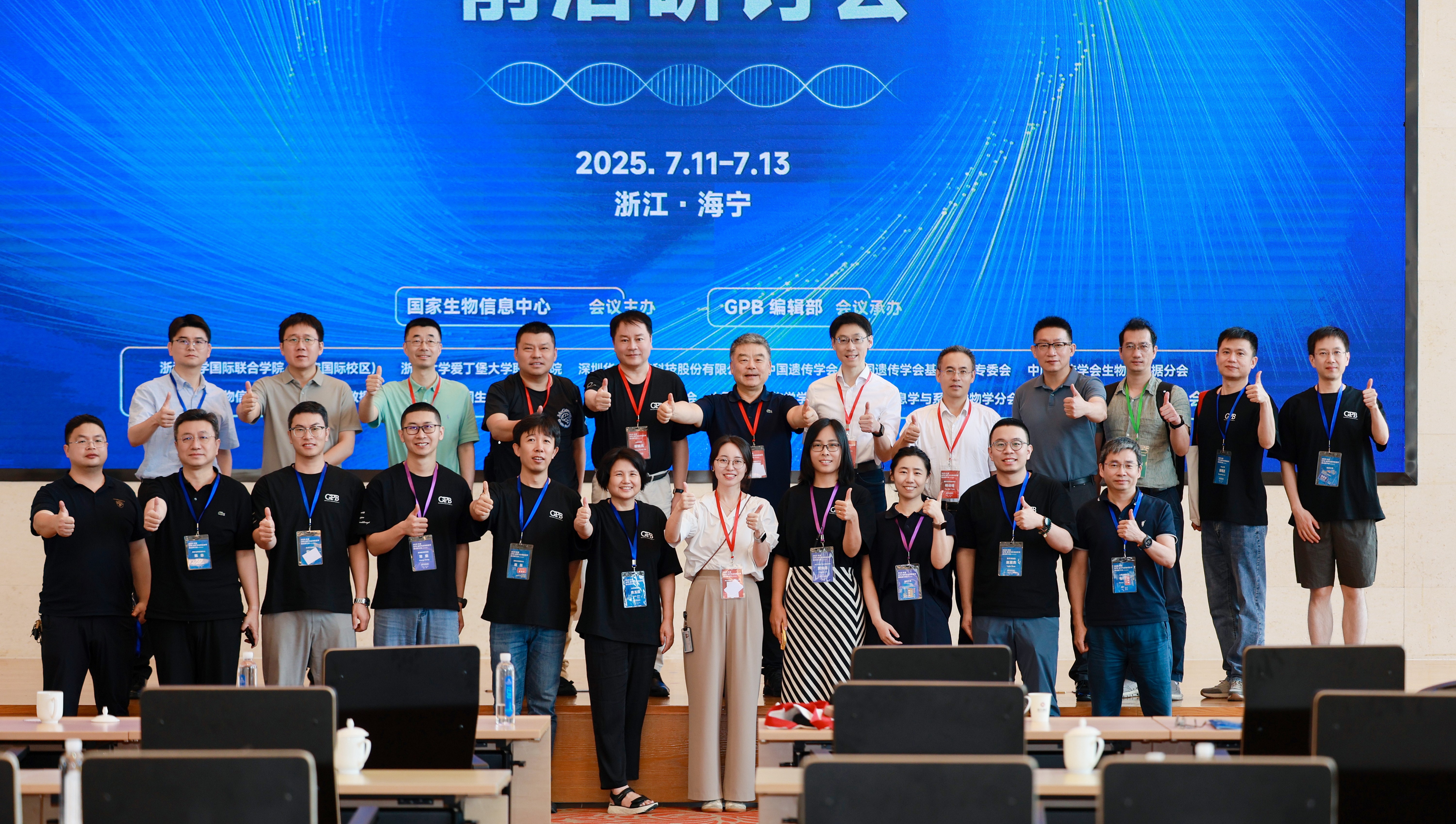From 11 to 13 July 2025, the 2025 GPB Omics & Bioinformatics Frontiers Symposium (GFS 2025) was successfully held at the International Campus of Zhejiang University in Haining. The conference was hosted by the China National Center for Bioinformation (CNCB) and organized by the editorial office of Genomics, Proteomics & Bioinformatics (GPB), with additional support from the Zhejiang University-University of Edinburgh Institute (ZJE) and other partners. More than 30 universities, research institutes, hospitals and enterprises from China and abroad sent delegates, and over 40 invited speakers from Tsinghua University, Peking University, Zhejiang University, Yale University and the University of Michigan, among others, presented their latest work.

On the morning of 12 July, Prof. Wanlu Liu, opened the symposium. Welcoming remarks were delivered by Prof. Yungui Yang, Director of CNCB; Prof. Yuehai Ke, Chair of the symposium and Dean of ZJE; and Prof. Jun Yu, Chair of the symposium and Honorary Researcher at CNCB.
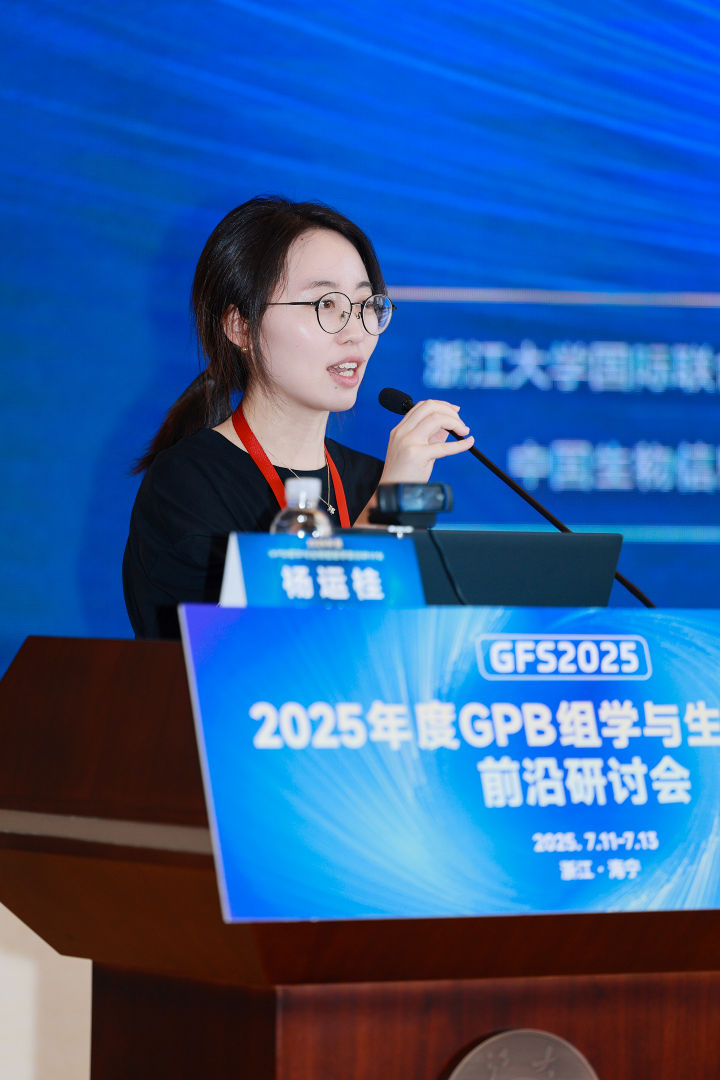
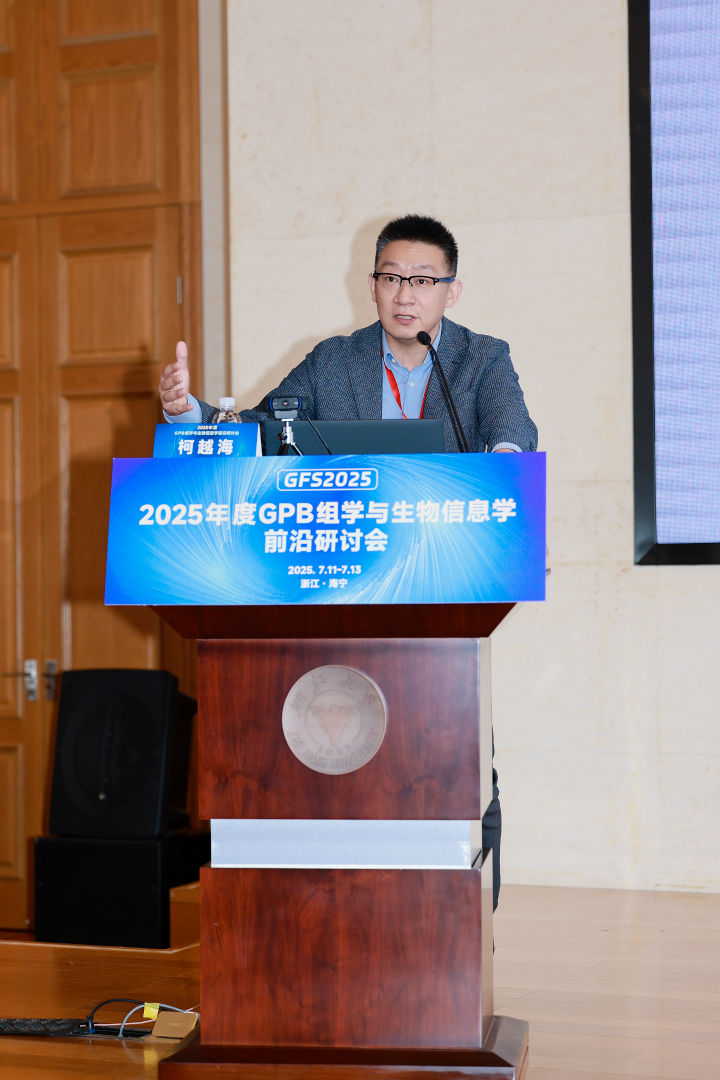
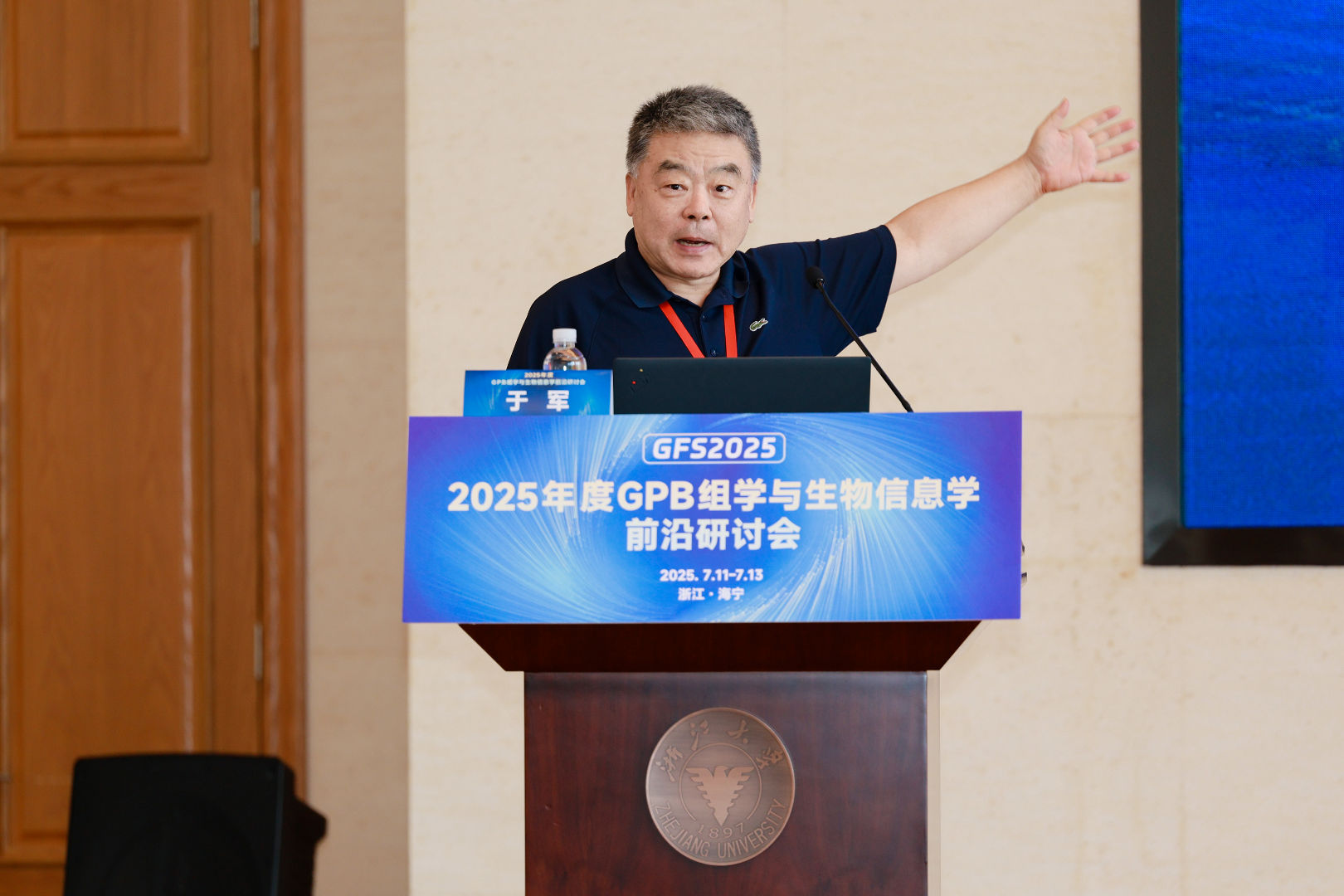
Prof. Xiaoliang Xie of Peking University/Changping Laboratory delivered the opening plenary lecture, “FOODIE Opens New Possibilities in Biomedicine,” introducing a highly sensitive, high-throughput single-molecule imaging platform and its potential for early-stage tumor liquid biopsy. Prof. Rong Fan of Yale University closed the symposium with “Novel Spatial Multi-omics Driving a New Era in Human Tissue Molecular Biology,” describing single-cell and spatial omics technologies that dissect functional cellular heterogeneity and intercellular signaling in health and disease.
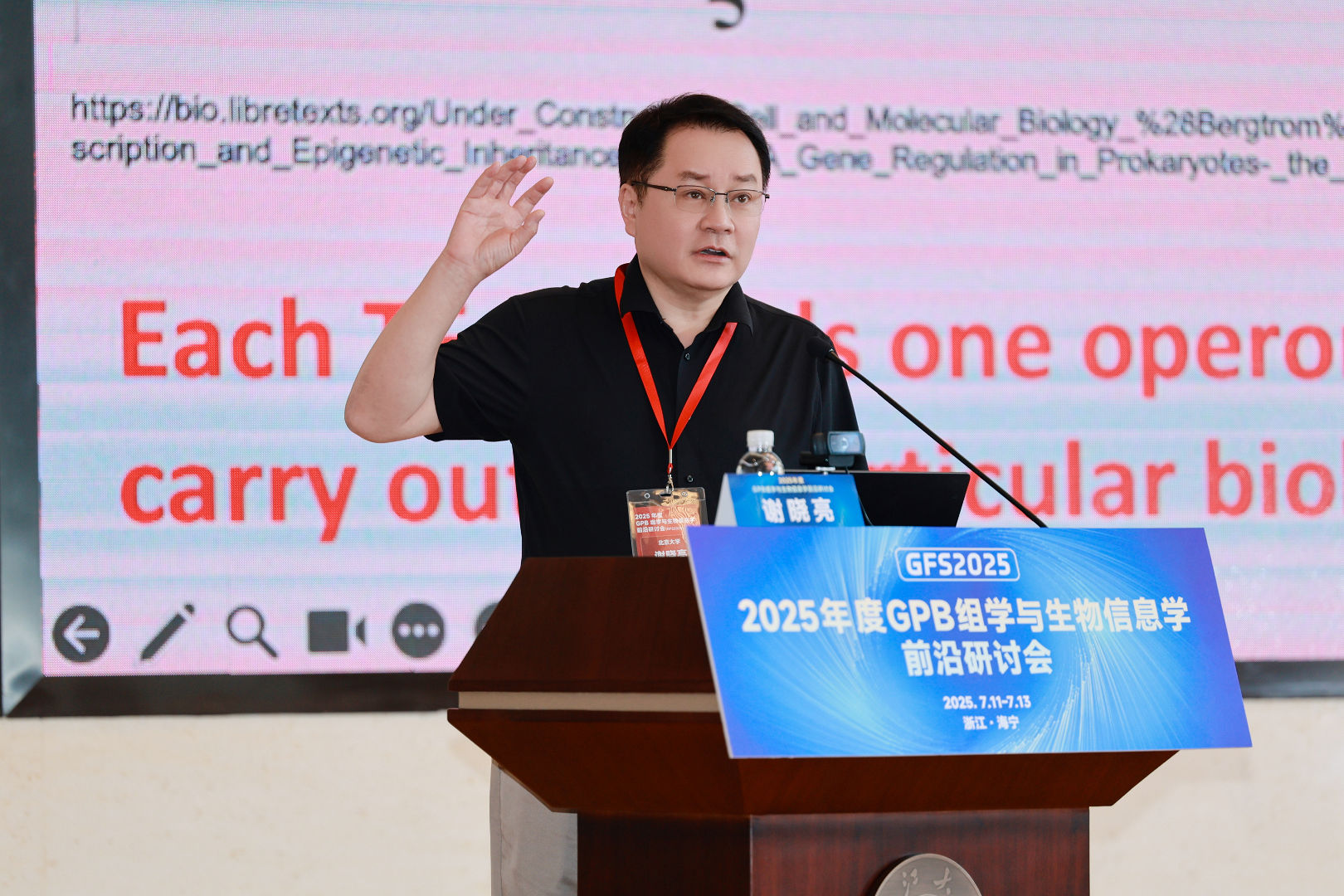
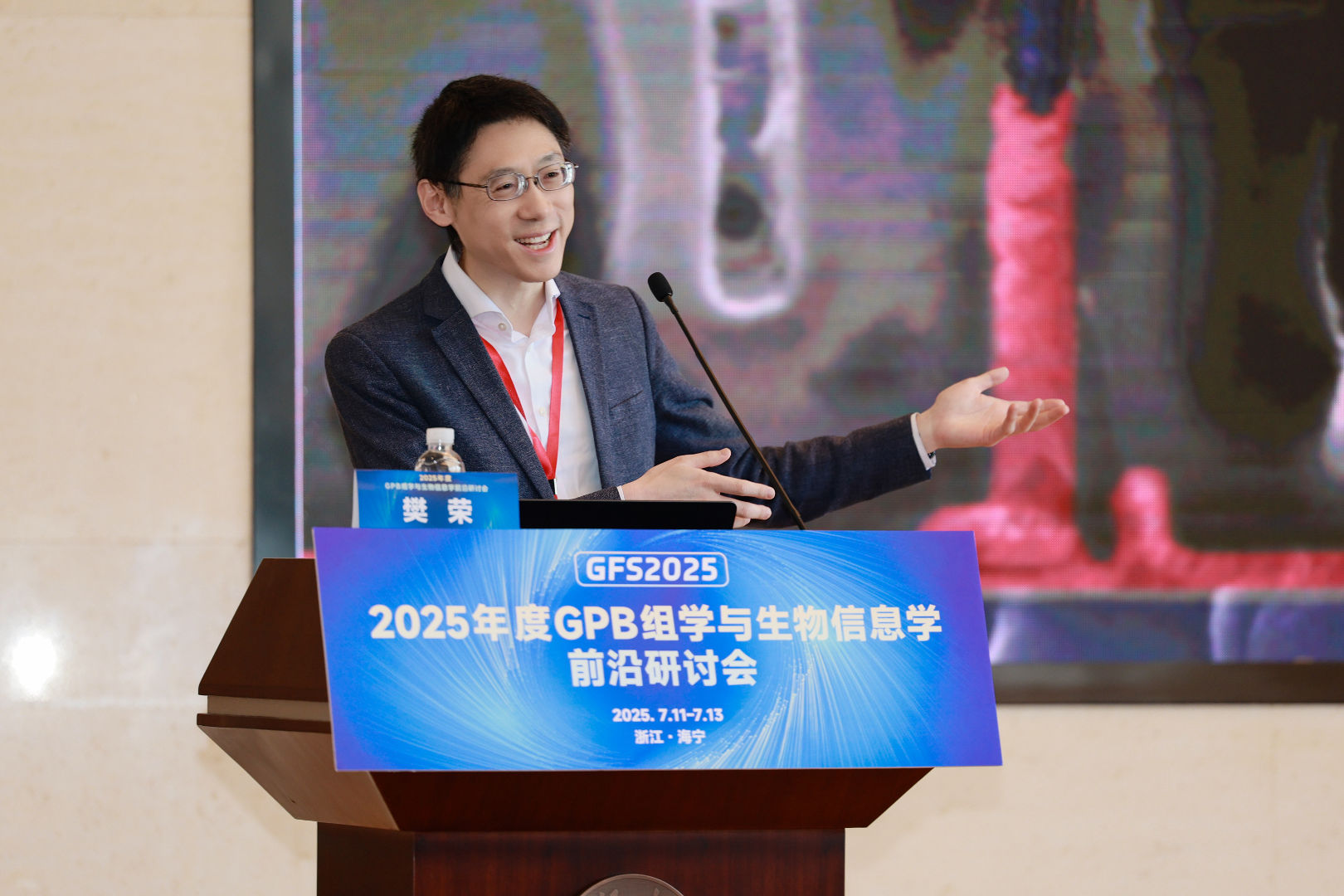
The symposium comprised two plenary lectures, seven keynote talks, 29 scientific presentations, three technology reports, one journal report, one round-table discussion and poster sessions. Twenty moderators from ZJU, PKU, NGDC and other leading institutions ensured lively on-site discussions.

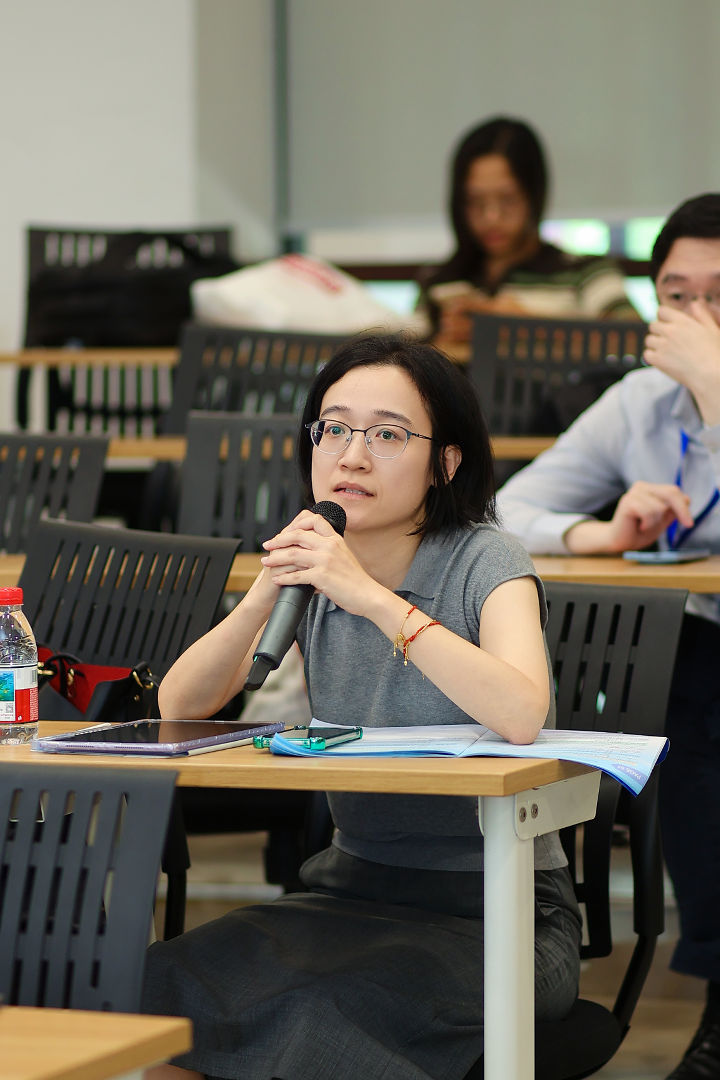
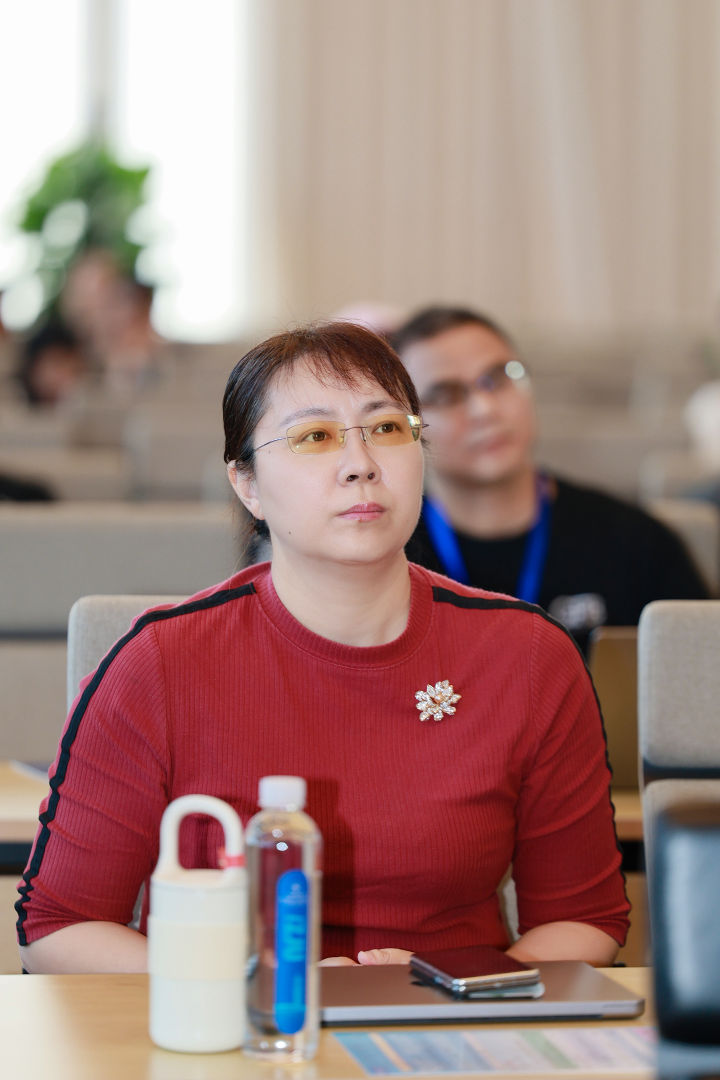
At the closing ceremony on 13 July, Prof. Jun Yu thanked all participants and organizers and announced the successful conclusion of GFS 2025. He emphasized that the GPB symposium series will continue to promote the translation of omics technologies from bench to bedside and public-health practice.
